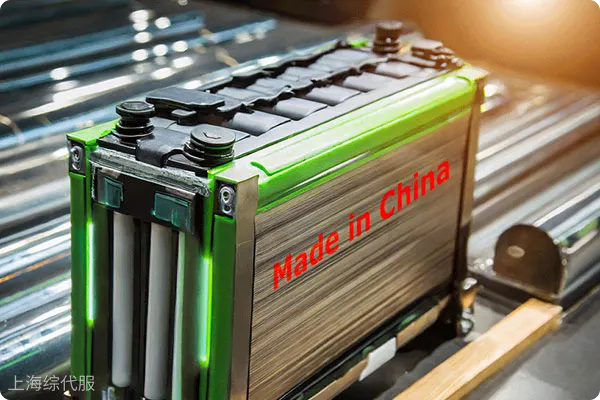The new ban on "Made in China" batteries and auto parts recently announced by the United States has once again pushed Sino-US technology and trade frictions to the forefront. According to the latest National Defense Authorization Act, the US Department of Defense will ban the purchase of batteries produced by Contemporary Amperex Technology Co., Ltd., BYD Co., Ltd. and four other Chinese companies from October 2027.

Although the ban strictly applies to defense procurement, its impact goes far beyond the Department of Defense's direct supply chain. American auto giants such as Ford and Tesla are still working with Chinese companies such as CATL and BYD, showing the division between commercial procurement and defense procurement in enforcement. This division highlights the challenge of the U.S. government to balance maintaining national security with promoting commercial interests.
In addition, the recent seizure of thousands of Audi, Porsche and Bentley luxury cars containing Chinese parts by U.S. Customs has further exacerbated tensions between China and the United States in the automotive industry. These vehicles were detained on suspicion of using parts from western China, and Volkswagen Group's quick response and investigation show the cautious attitude of multinational automakers in dealing with geopolitical risks.
The U.S. restrictions on Chinese-made batteries and auto parts are not isolated incidents, but part of a broader review and control of Chinese high-tech products. The restrictions on Chinese semiconductors in the National Defense Authorization Act and the focus on circumventing U.S. controls through third countries reflect the U.S. government's attempt to weaken China's influence in the global technology supply chain and protect its own technological advantages.
These measures are undoubtedly a huge challenge for Chinese companies. Faced with increasingly stringent international market access conditions, Chinese companies need to strengthen independent innovation, improve product technology and international competitiveness. At the same time, this also prompts Chinese companies to pay more attention to the diversification and internationalization of the supply chain and reduce their dependence on a single market.


 Follow customer service WeChat
Follow customer service WeChat